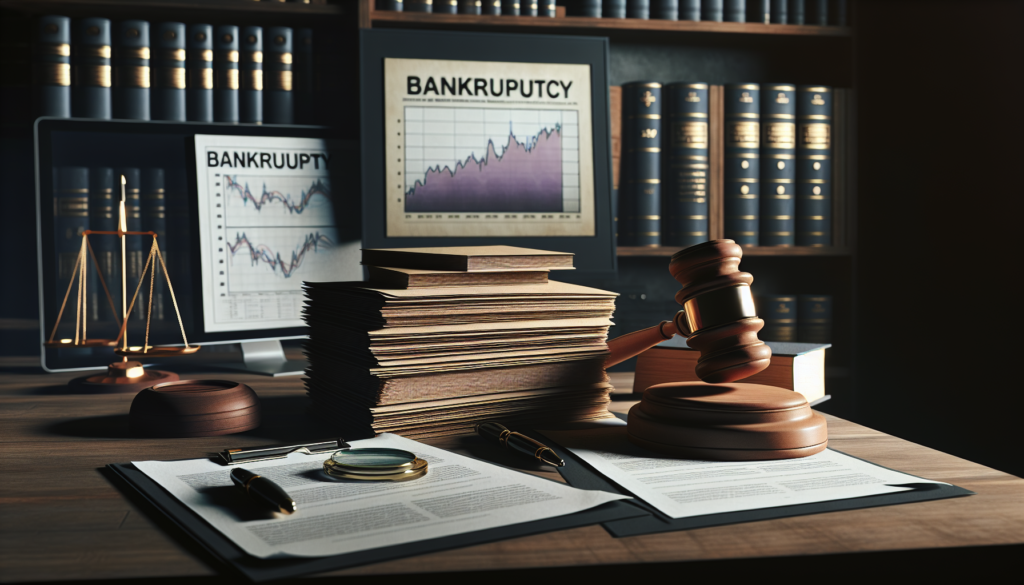
You can file for bankruptcy without a lawyer, which is known as filing “pro se.” However, navigating the bankruptcy process without legal representation can be challenging due to the complexities of bankruptcy law and the potential risks of not fully understanding your legal rights and obligations. Here are some considerations if you’re thinking about filing for bankruptcy pro se:
Understanding the Risks
- Complexity: Bankruptcy laws and procedures are complex. Mistakes in the filing process can impact your rights, result in the dismissal of your case, or even lead to the loss of assets that could have been protected.
- No Legal Advice: As a pro se filer, you won’t have access to personalized legal advice to help you understand which type of bankruptcy (Chapter 7 or Chapter 13) is best suited to your situation, how to properly exempt your assets, or how to deal with creditors’ challenges.
- Potential for Errors: Incorrectly filed paperwork, failure to file the necessary documents on time, or not following court procedures can jeopardize your bankruptcy case.
Steps for Filing Pro Se
If you decide to file for bankruptcy without a lawyer, here are steps you’ll need to take:
- Determine Eligibility: Research to determine whether you’re eligible for Chapter 7 or Chapter 13 bankruptcy.
- Complete Credit Counseling: You must complete a credit counseling course from an approved agency within 180 days before filing for bankruptcy.
- Prepare Your Bankruptcy Petition: Collect all necessary financial documents, fill out the required bankruptcy forms accurately, and compile a list of all creditors and the amounts you owe.
- File Your Petition: Submit your bankruptcy petition and other required documents to the appropriate bankruptcy court. Pay attention to filing fees, which you’ll need to pay unless you qualify for a waiver or installment payments.
- Attend the Meeting of Creditors: You must attend this meeting, where creditors and the bankruptcy trustee can ask questions about your finances and the information provided in your petition.
- Complete a Debtor Education Course: After filing, you must complete an approved debtor education course before you can receive a discharge.
Resources for Pro Se Filers
- U.S. Courts Website: Provides official bankruptcy forms and instructions.
- Bankruptcy Clerk’s Office: Can offer guidance on the filing process and necessary forms, but cannot give legal advice.
- Legal Aid Societies: Some organizations offer free legal assistance to low-income individuals.
While it’s possible to file for bankruptcy without a lawyer, doing so comes with significant challenges and risks. The potential for making mistakes that could affect the outcome of your case or your financial future is considerable. Before deciding to file pro se, consider consulting with a bankruptcy attorney for a free or low-cost consultation to understand your options and the potential benefits of having professional legal representation.

Get a Free Bankruptcy Case Evaluation